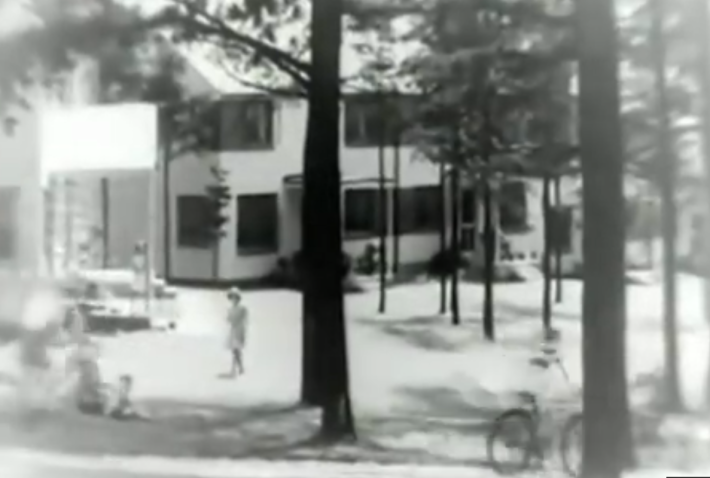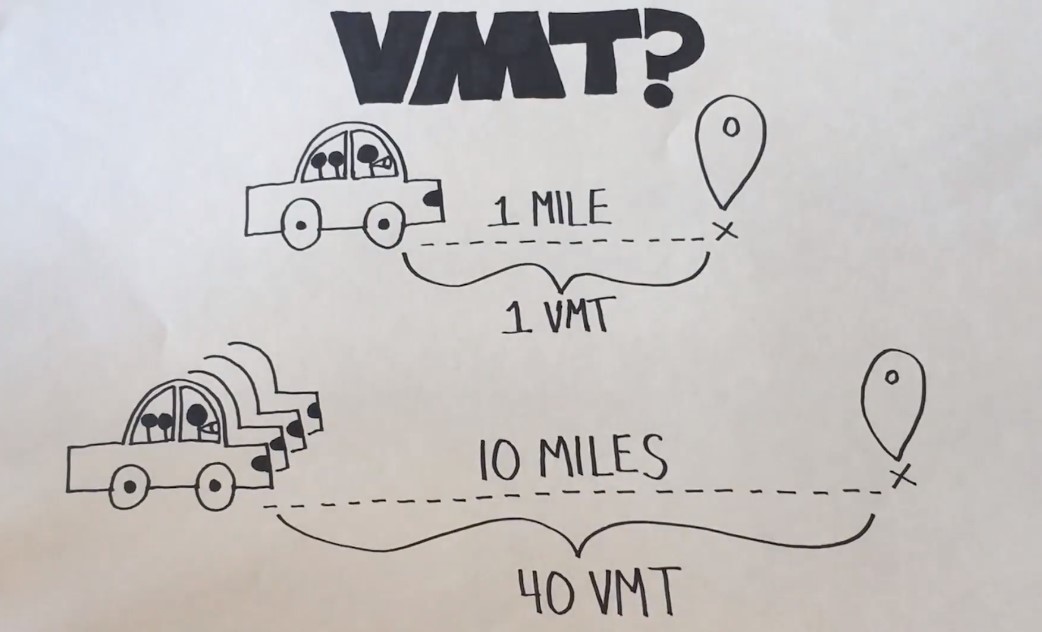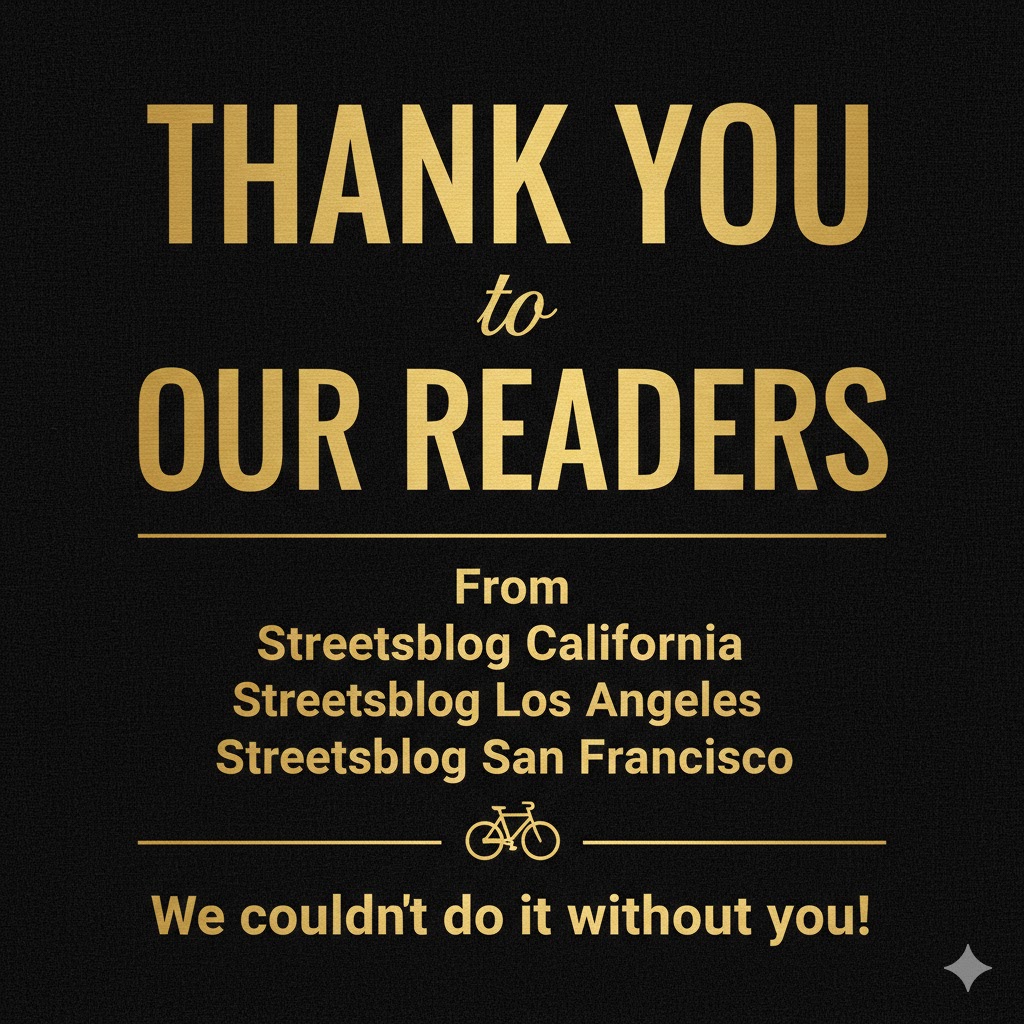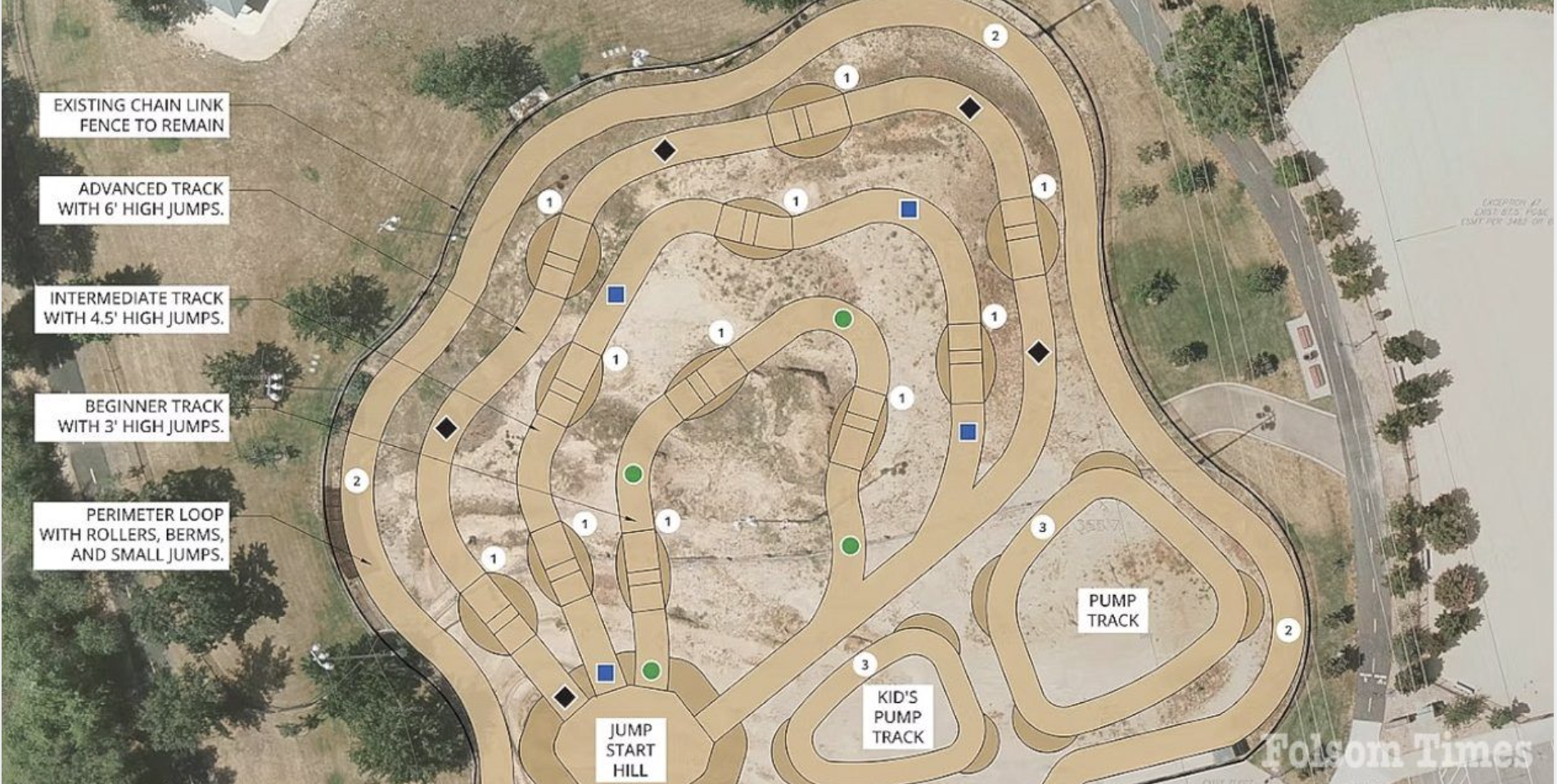If American suburbs had been built to match the aspirations of some of their early proponents like Lewis Mumford or Catherine Bauer Wurster, they could look very different today.
Originally conceived in response to overcrowded conditions in cities, suburbs were seen as an escape from unhealthy tenements into peaceful small cities in the countryside. But the suburbs of reality rarely, if ever, come anywhere near fulfilling those early promises.
A short 1939 propaganda film, The City, pushes those early promises hard. Marni Epstein posted a link to it on Curbed, and talks about the history of the “Houser” movement and its efforts to create better living conditions for city dwellers. She describes the film as
Part social plea, part "Houser" propagandist film, The City warned of the dangers of industrialized city dwelling, such as those famously documented by photojournalist Jacob Riis a few decades earlier, and extolled the virtues of suburbanization and well-planned communities.”
The film is ridiculously sentimental about the prosperous rural life Americans supposedly enjoyed before the evil cities gobbled them up, and it's racist and sexist, reflecting its time. But it also features some amazing footage, even if it is presented in such a heavy-handed way. Scenes of life in the frantic city are juxtaposed with the bucolic rural life and the idyllic suburbs.
In this film, it's the city that causes traffic jams, not the commute to the suburbs. Long lines of the huge, heavy cars of the 1930s cram the streets and highways, many of them crammed with families. Ominous music and some unintentionally hilarious voiceover narration make it clear that cities are just awful places, especially for raising kids. “Smoke makes prosperity, they say,” intones the narrator. “But there must be something better. Why can't we have it?”
The film's answer is that we can—by creating small, contained “garden cities” out in the country, where the air is clear, the laundry machines need only a stir now and then, and the kids grow up healthy.
Maybe those kids are healthy because they grow up riding bikes. In this film's idealized suburb, there isn't a car in sight. In fact, there don't seem to be any for cars. What you do see are kids on bikes, lots of them--well, all boys, and all white, but still--riding from their front doors along curving paths through the woods and to the local watering hole. Unsupervised, safe, and free.
They also line up outside the store on their Radio Flyer wagons, ready to take the groceries home for mom--car free living.
Add in some excellent transit connections so no one needs to drive to work and a more diverse population--and take out the women doing all the housework--and it still seems idyllic. Just keep cars out of it.






